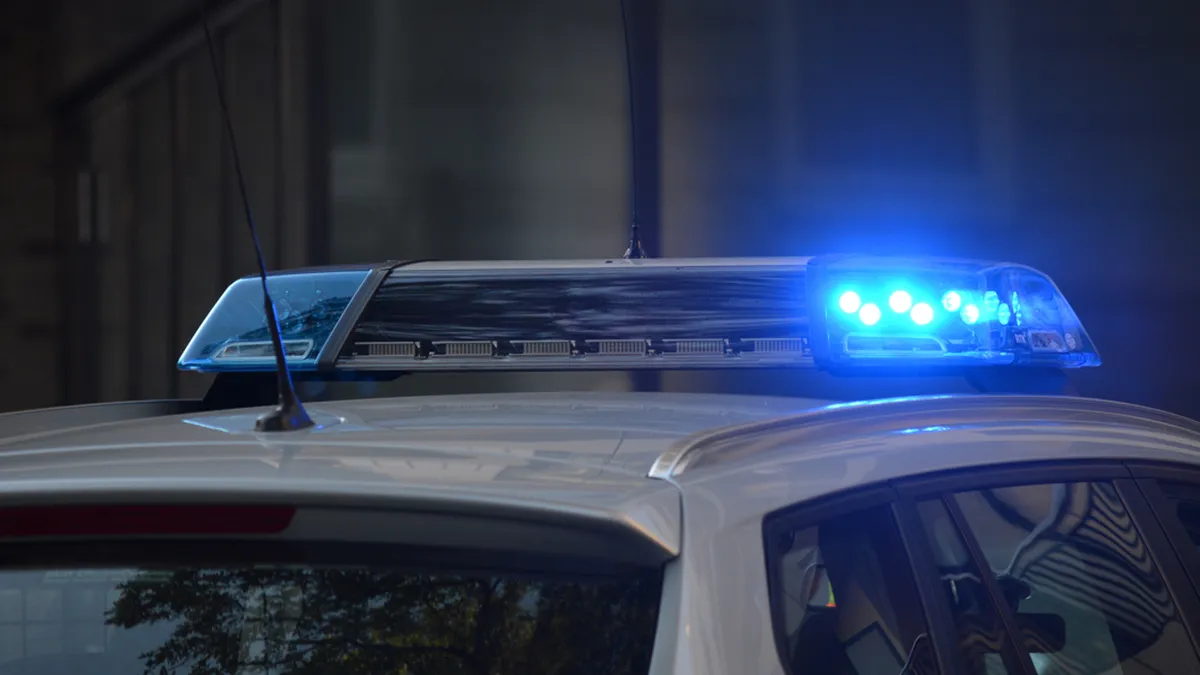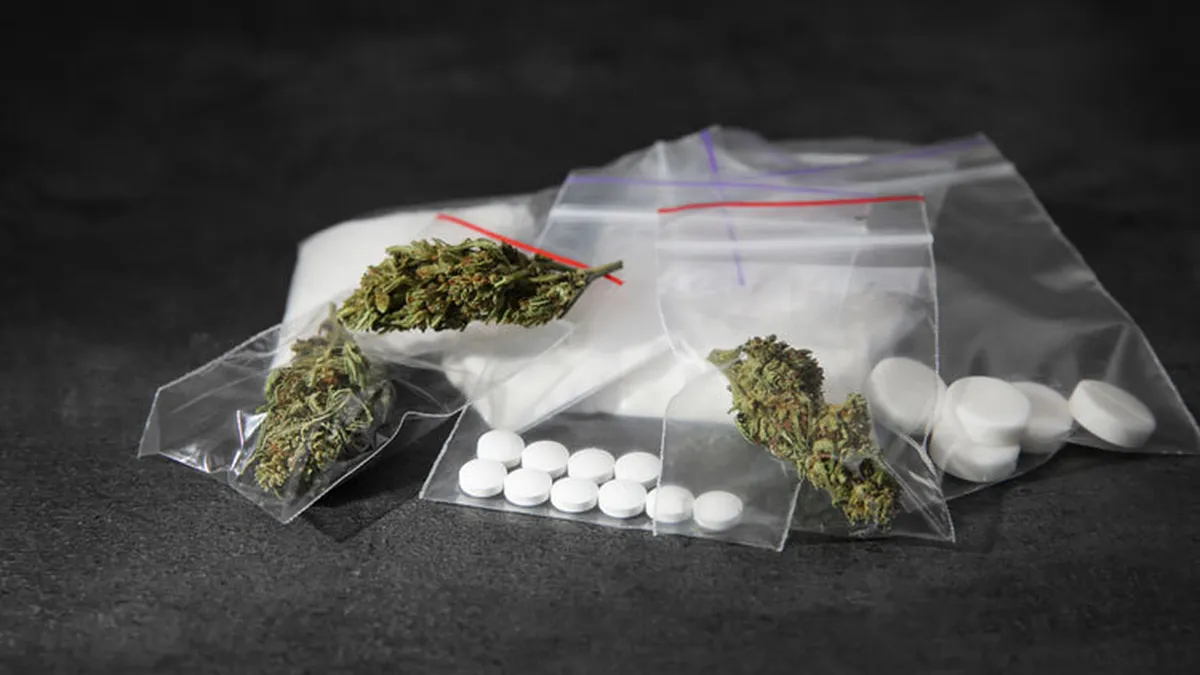Drug driving in the UK
Since 2015, the UK has had strict drug driving laws to improve road safety. These laws make it illegal to drive if:
- You are unfit to drive due to the effects of legal or illegal drugs.
- You have certain levels of specific illegal drugs in your blood, even if they do not impair your driving.

What Counts as a Legal or Illegal Drug?
Legal drugs include prescription and over-the-counter medicines. If you take medication and are unsure whether you are fit to drive, always consult your doctor, pharmacist, or healthcare professional.
Illegal drugs are those that are classified as controlled substances under the Misuse of Drugs Act 1971 and its amendments.
What Happens if You Are Suspected of Drug Driving?
If the police suspect that you are under the influence of drugs while driving, they can:
- Stop your vehicle and conduct a Field Impairment Test (FIT) – This may involve tasks such as walking in a straight line.
- Administer a roadside drug test – This typically involves a saliva swab to detect cannabis (THC) and cocaine.
- Arrest you for further testing – If you fail the roadside test, you will be taken to a police station for a blood or urine test to confirm the presence of drugs.
- Test for other drugs – Even if you pass the roadside test, you can still be arrested and required to provide a blood sample to check for other controlled substances.
- Charge you with a criminal offence – If the tests confirm illegal drug levels or impairment, you will face prosecution.

Drugs Covered by UK Drug Driving Laws
Illegal Drugs with Zero-Tolerance Limits
The UK has a zero-tolerance policy on the following controlled drugs if found above the legal cut-off levels (allowing for accidental exposure):
- Benzoylecgonine (Cocaine metabolite)
- Cocaine
- Delta-9-Tetrahydrocannabinol (THC - Cannabis)
- Ketamine
- Lysergic Acid Diethylamide (LSD)
- Methylamphetamine
- Methylenedioxymethamphetamine (MDMA - Ecstasy)
- 6-Monoacetylmorphine (Heroin metabolite)
Legal Prescription Drugs with Specified Limits
Certain prescription drugs also have legal limits, and driving with levels exceeding these limits is illegal unless prescribed and taken according to medical advice:
- Amphetamines (e.g., Dexamphetamine, Selegiline)
- Clonazepam
- Diazepam
- Flunitrazepam
- Lorazepam
- Methadone
- Morphine (and other opioid-based painkillers such as Codeine, Tramadol, and Fentanyl)
- Oxazepam
- Temazepam
You can drive while taking these medications if:
- They have been prescribed and you are following medical advice.
- They do not impair your ability to drive safely.
However, if police suspect that you are impaired, you can still be arrested even if you are within the prescribed limits.
Penalties for Drug Driving in the UK
If convicted of drug driving, you may face:
- A minimum 12-month driving ban
- An unlimited fine
- Up to 6 months in prison
- A criminal record
- A notation on your driving licence stating you were convicted of drug driving (visible for 11 years)
If you cause death by dangerous driving while under the influence of drugs, you could receive:
- Up to life imprisonment (as per The Police, Crime, Sentencing and Courts Act 2022, which increased the maximum penalty from 14 years)
Other Consequences of a Drug Driving Conviction
- Higher insurance costs – Your car insurance premiums will increase significantly.
- Employment impact – If you drive for work, your employer will see the conviction on your licence.
- Travel restrictions – You may have difficulty travelling to countries like the USA, where a drug driving conviction can impact visa applications.
Seeking Help for Drug Use
If you are struggling with drug use, support is available. You can:
- Speak to your employer if workplace drug use is a concern.
- Access NHS resources or specialist drug support services, such as FRANK or Talk to Frank.
For further information, visit the NHS website for guidance and support options.
Head Office
Crystal Health Group
The Old Chapel
Manchester
M30 0NG



